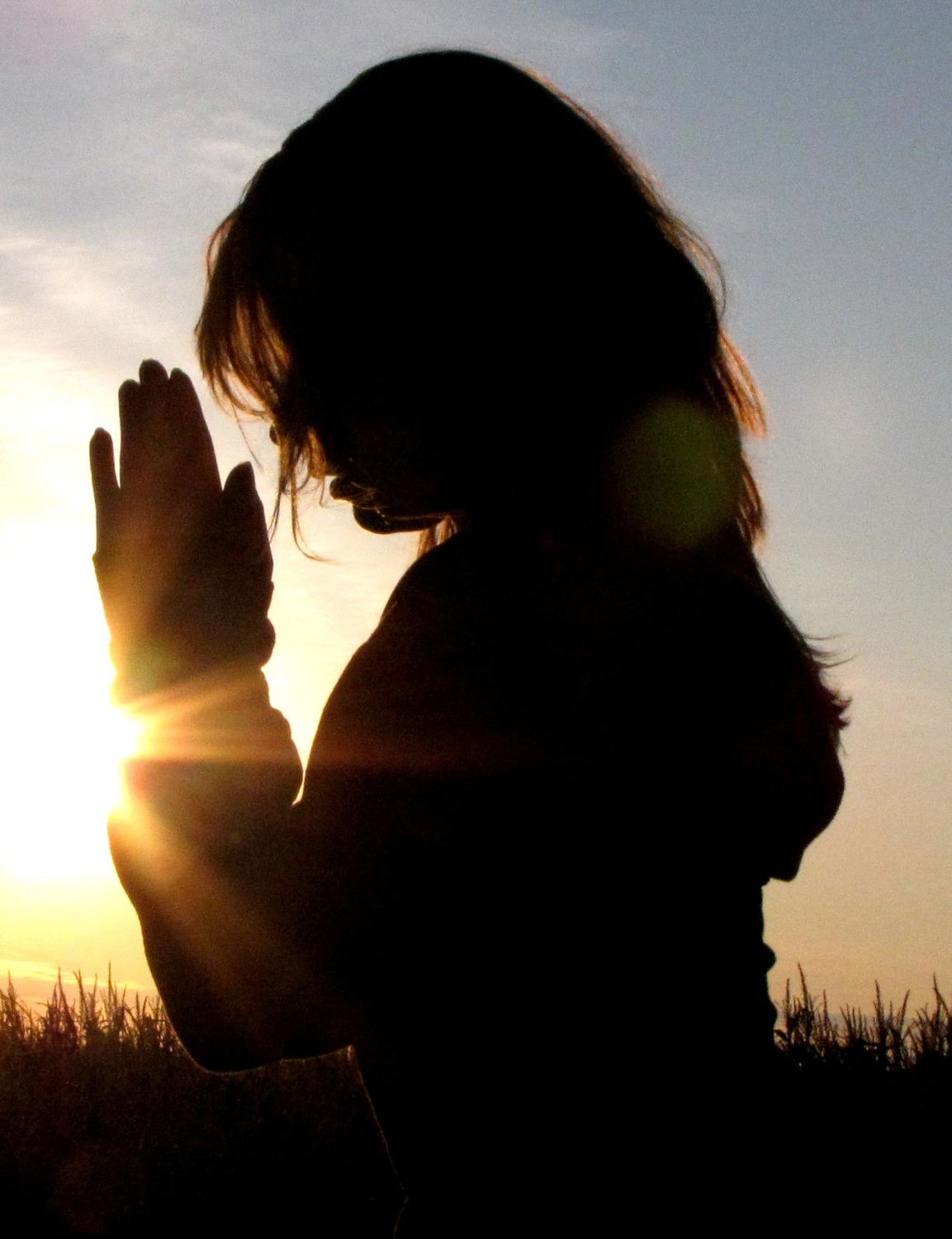The editor talks with you
What prayer can do in pandemics
Each morning at 1st light, our dogs take me for a walk. While they are searching the ground for some delectable to eat, I am asking for guidance.
My prayers are simple and follow the same …
This item is available in full to subscribers.
Subscribe to continue reading. Already a subscriber? Sign in
Get 50% of all subscriptions for a limited time. Subscribe today.
Please log in to continueNeed an account?
|
The editor talks with you
What prayer can do in pandemics
Each morning at 1st light, our dogs take me for a walk. While they are searching the ground for some delectable to eat, I am asking for guidance.
My prayers are simple and follow the same pattern. I ask for guidance in the face of challenges, strength when tempted to do something I shouldn’t do and thanks for many blessings and opportunities, most of which I don’t deserve.
I can’t describe the feeling it gives me and the ideas God pops into my wee brain.
If you are a praying person, you might read on. If not, this may not be for you.
Many people are looking to a higher power for comfort these days. In March, the number of Google searches for prayer skyrocketed, according to a not-yet-published analysis of search results in 95 countries.
A Pew Research Center survey found more than half of Americans had prayed to end the spread of the corona virus.
“There may still be some atheists in foxholes,” Kenneth Pargament, a professor at Bowling Green State University, told Elizabeth Bernstein of The Wall Street Journal. “But the general trend is for the religious impulse to quicken in a time of crisis.”
Scientists have no way to measure the existence of a higher power, says David Rosmarin. Spirituality and Mental Health director at McLean Hospital in Belmont, Mass.
Dr. Rosmarin says research shows prayer may have similar benefits to meditation. It can calm you, shut down your fight or flight response, make you less reactive to negative emotions and less angry.
In an experiment, some subjects were told to meditate using words of self-affirmation (“I am love”). Others were told to meditate with words that described a higher power (“God is love”). They then meditated for 20 minutes a day for 4 weeks.
Researchers found that those who practiced spiritual meditation showed greater decreases in anxiety and stress and more positive moods. They tolerated pain almost twice as long when asked to put their hand in an ice water bath.
Scientists who study prayer believe those who pray feel emotional support.
Imagine carrying a backpack hour after hour. It will start to feel impossibly heavy.
But if someone else holds for a while, it feels lighter when you pick it up again.
“This is what prayer can do,” Amy Wachholtz of the University of Colorado Denver told Ms. Bernstein,. “It lets you put down your burden mentally for a bit and rest.”
A study on religious coping methods in the Journal of Health Psychology found that people who approach God as a partner in their lives had better mental and physical health outcomes, Those who are angry, feel punished or abandoned or who relinquish responsibility had worse outcomes. It’s similar to the way a loving relationship to a partner brings out the best in you.
Many people use the serenity prayer: “God, grant me the serenity to accept the things I cannot change, the courage to change the things I can and the wisdom to know the difference.”
What are your thoughts on prayer? Email me at JerryBellune@yahoo.com
Next: How are you coping?
Keywords
science, prayerOther items that may interest you







Comments
No comments on this item Please log in to comment by clicking here